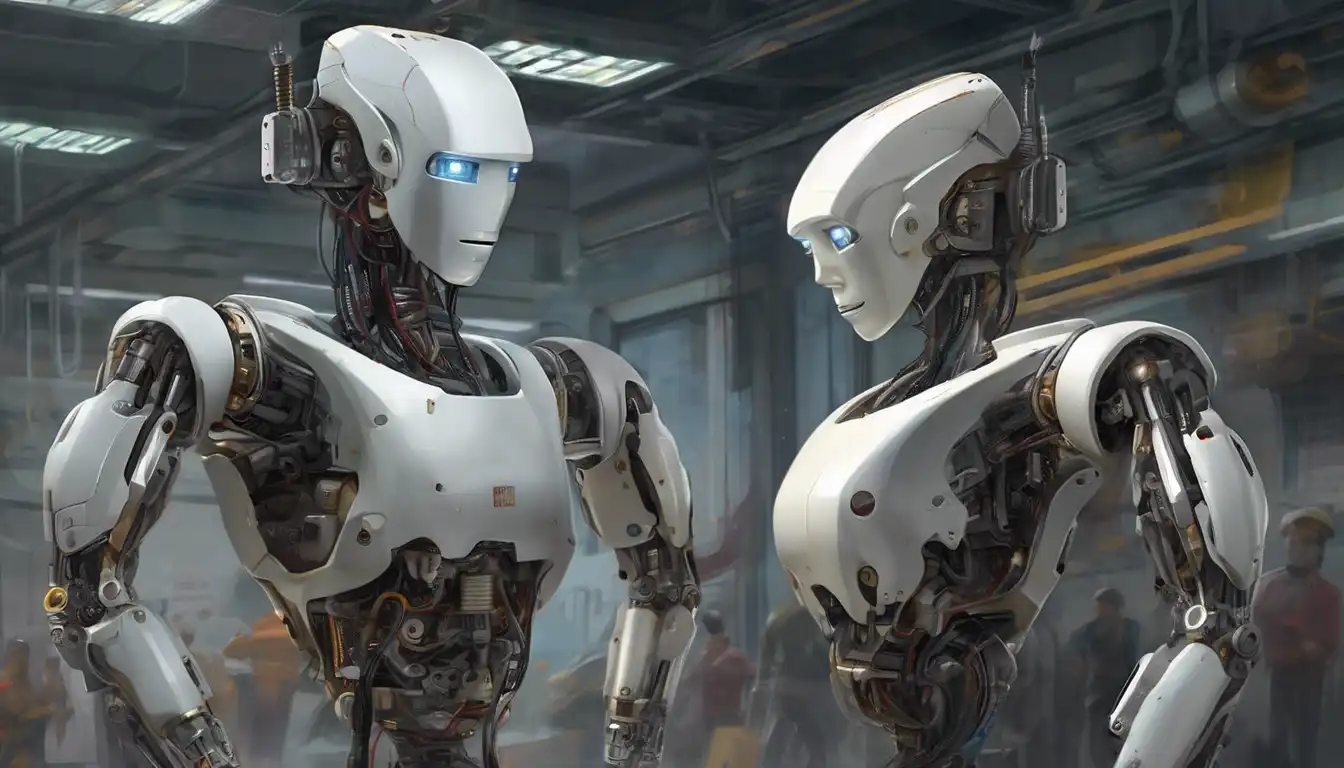The Moral Dilemmas of Autonomous Robots
In the rapidly evolving world of technology, autonomous robots have become a cornerstone of innovation. These self-operating machines, powered by artificial intelligence (AI) and machine learning, are transforming industries, from manufacturing to healthcare. However, as their capabilities expand, so do the ethical questions surrounding their use. This article delves into the moral landscape of autonomous robots, exploring the challenges and considerations that come with their integration into society.
Understanding Autonomous Robots
Autonomous robots are machines capable of performing tasks without human intervention. They rely on AI to make decisions, learn from their environment, and adapt to new situations. While this technology offers unparalleled efficiency and precision, it also raises significant ethical concerns, particularly regarding accountability, privacy, and the potential for unintended consequences.
Key Ethical Concerns
The deployment of autonomous robots introduces several ethical dilemmas:
- Accountability: When an autonomous robot makes a decision that leads to harm, who is responsible? The manufacturer, the programmer, or the robot itself?
- Privacy: Robots equipped with sensors and cameras can collect vast amounts of data, raising concerns about surveillance and data security.
- Employment: The automation of tasks traditionally performed by humans could lead to job displacement and economic inequality.
- Autonomy vs. Control: Balancing the benefits of robot autonomy with the need for human oversight to prevent misuse or accidents.
Navigating the Future
As we stand on the brink of a new era in robotics, it's crucial to address these ethical concerns head-on. Developing comprehensive guidelines and regulations can help ensure that autonomous robots are used responsibly, with a focus on benefiting humanity while minimizing harm. Engaging in open dialogues among technologists, ethicists, and the public is essential to navigating the moral complexities of this technology.
For further reading on the impact of AI and robotics, explore our articles on Artificial Intelligence and Machine Learning.
Conclusion
The ethics of autonomous robots present a multifaceted challenge that requires careful consideration and collaborative effort. By addressing these issues proactively, we can harness the potential of autonomous robots to improve lives while safeguarding against their risks. The journey toward ethical robotics is complex, but with thoughtful dialogue and regulation, it's a future we can navigate successfully.
